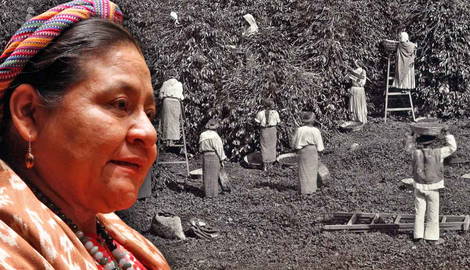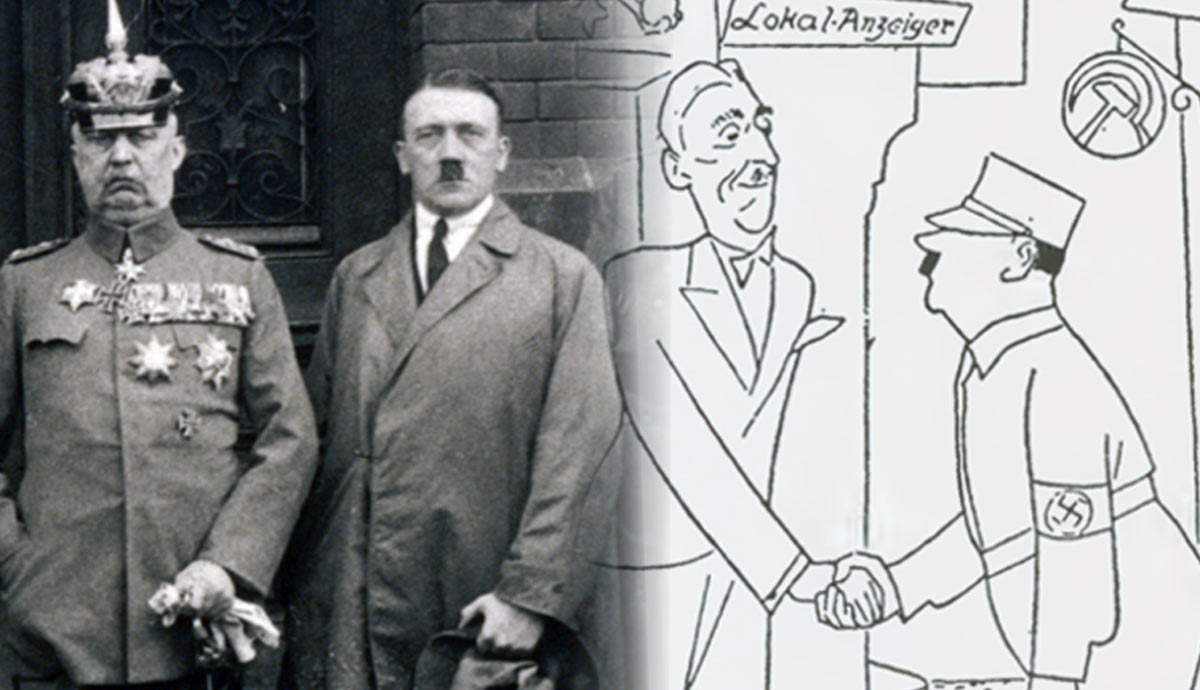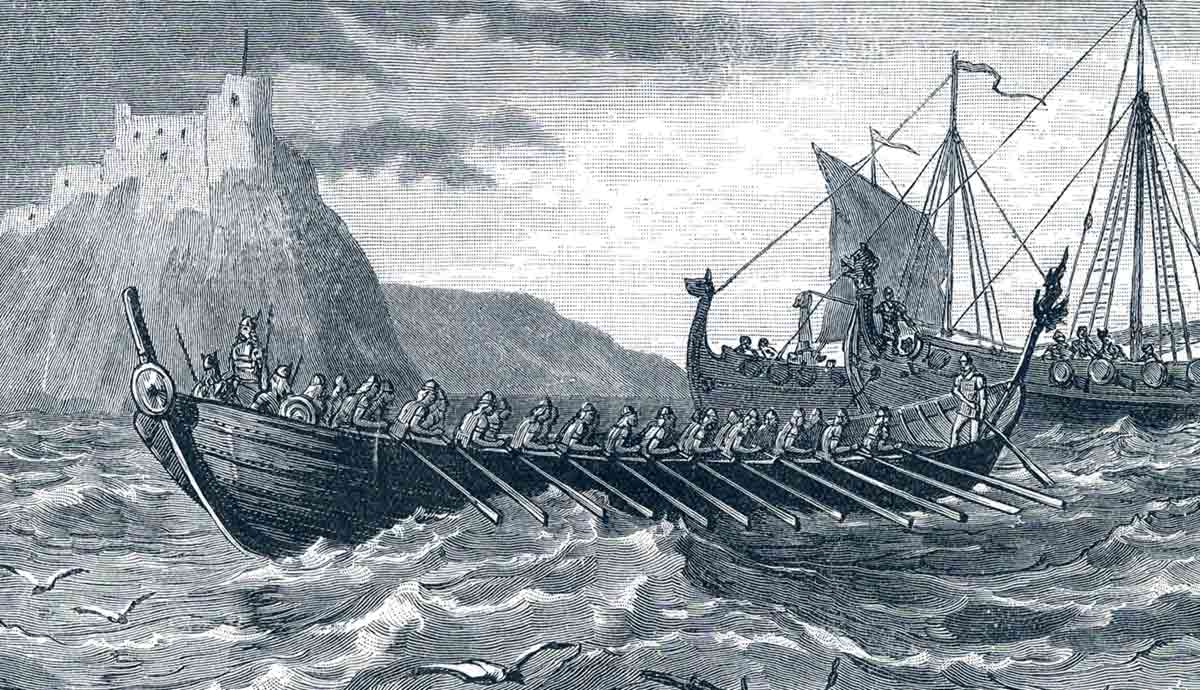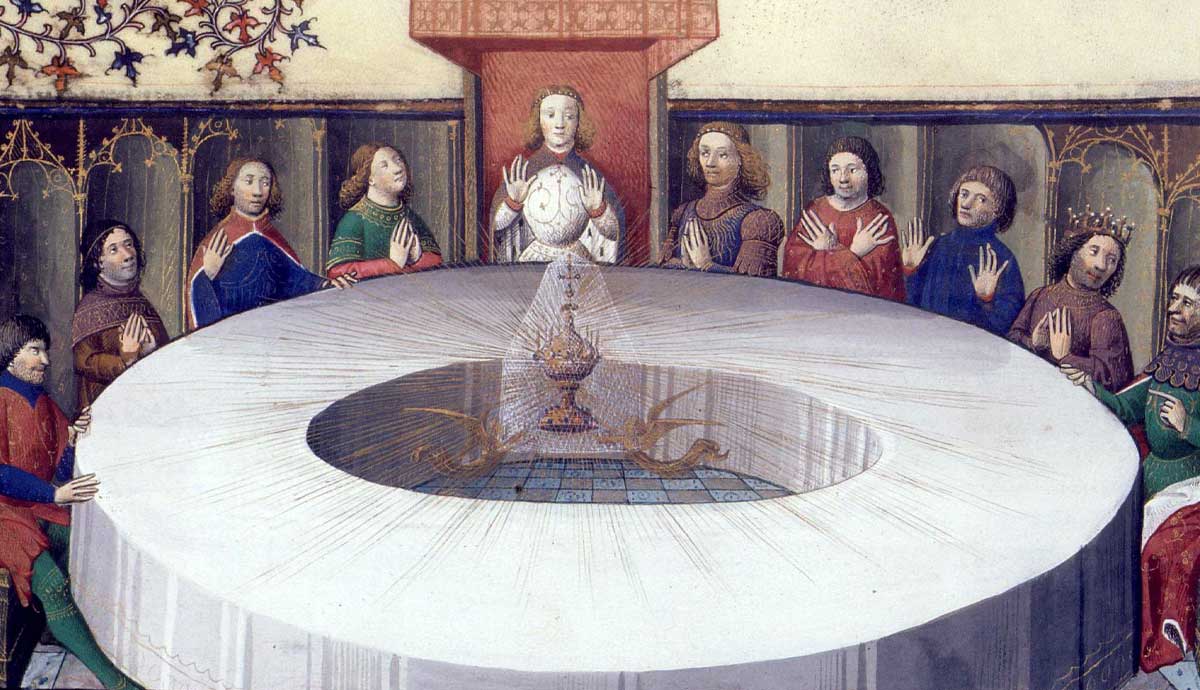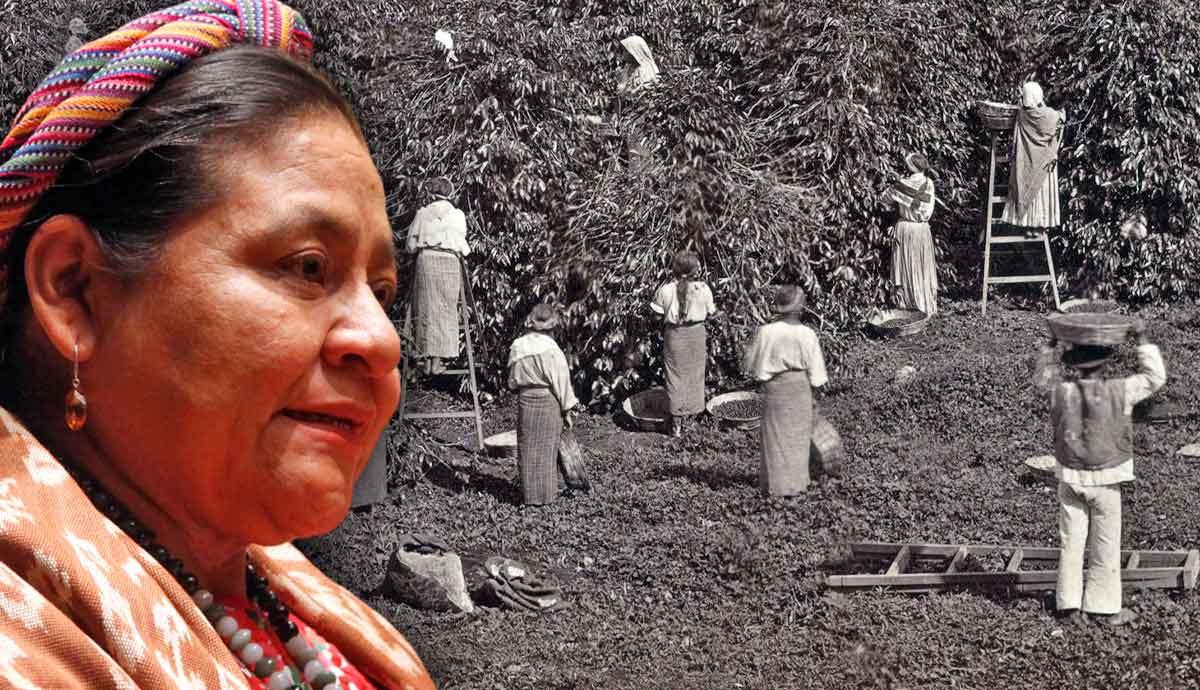
Rigoberta Menchú is one of the few voices to speak out regarding what happened in Guatemala during its civil war, as well as the ongoing mistreatment of the country’s Indigenous peoples. Her story is one of struggle and resistance—of how a child who faced poverty, discrimination, and violence generated by armed conflict became an international voice for peace and Indigenous rights. Her history is one shared by many Indigenous communities that continue to struggle against oppression, exploitation, and prejudice.
Rigoberta Menchú’s Childhood: Poverty and Exploitation

Like so many of the women who transformed Latin America, Rigoberta Menchú came from very humble beginnings. She was born in 1959 in the mountainous village of Chimel, within the municipality of San Miguel Uspantán, Department of El Quiché, Guatemala. She comes from an Indigenous peasant family; her mother was a midwife—a tradition passed down from generation to generation in rural areas where there are no medical services. From a very young age, she survived in precarious living conditions, surrounded by violence, racial discrimination, and poverty.
From the age of five, she began working on coffee plantations with her family, a common practice in which Indigenous people would spend eight months of the year on plantations working for Guatemalans of Spanish descent. Most workers were exploited and lived in very poor conditions, crowded together without bathrooms or running water, with meager wages and almost no food. Such conditions, similar to those of a typical colonial system, persist in remote corners of the world like this.
One of her brothers died from exposure to pesticides, and subsequently, another died from malnutrition at the age of eight while her family still worked on the plantation. Their loss was heartbreaking for the family. Rigoberta was only ten years old at the time. She recounts that while mourning, they missed a full day of work; on that very night, the overseer came to tell them that they were being fired for skipping work that day. Devastated, they were forced to leave—without being paid for the months they were owed.

Rigoberta didn’t attend school because her father was afraid she would abandon her Mayan heritage. Paradoxically, her father was deeply involved in Catholic Action from a young age and worked in the community as a lay catechist and religious leader, involving his family as well. From the age of 12, Rigoberta taught the Bible to younger children in her village. She couldn’t read or write, but she memorized everything.
She didn’t see conflicts between her Mayan identity and her Catholic faith; rather, she saw parallels, as she expressed:
“Many of the images of Catholic Action are similar to ours, although ours are not written down … For example, we believe we have ancestors, and that these ancestors are important because they are good people who obeyed the laws of our people. The Bible talks about forefathers too. So it is not something unfamiliar to us. We accept these Biblical forefathers as if they were our own ancestors, while still keeping within our own culture and our own customs … the Bible tells us that there were kings who beat Christ. We drew a parallel with our king, Tecuin Uman, who was defeated and persecuted by the Spaniards, and we take that as our own reality. In this way, we adjusted to the Catholic religion and our duties as Christians, and made it part of our culture.”
During her adolescence, she worked as a domestic employee in the capital. During this period, she learned to speak Spanish entirely on her own.
Civil War: Guatemala’s Armed Conflict

Much of what Rigoberta experienced in her life was the result of the Guatemalan Civil War, a complex conflict deeply rooted in the confrontation between the government and a guerrilla movement advocating for social justice. To understand the context, it’s important to note that the Guatemalan economy was primarily based on exports of coffee and sugar while heavily relying on the exploitation of Indigenous labor and land. A democratic regime and the uprisings and guerrilla movements posed a direct threat to the political and economic elite as well as their main trading partner: the United States. To combat these popular organizations, the government pursued a path of increased violence: exaggerating the threat these groups posed to political stability, they carried out bombings, massacres, and other violent acts. They killed anyone who might sympathize with the guerrilla movement.
The Commission for Historical Clarification, sponsored by the UN, documented that at least 200,000 people died, and more than 42,000 were victims of human rights violations, of which 83% were Maya. There were forced disappearances and executions of Maya authorities, but also of spiritual leaders and people not involved in politics. The aim was not only to destroy the social base of the guerrillas but also to annihilate the social and cultural fabric of the Maya people, the values that fostered cohesion and collective action within Maya communities.

As Rigoberta grew up, much of her family fell victim to the armed conflict. Her father led a peasant organization opposing the government, the Committee for Campesino Unity (CUC), which, along with a group of students from the Robin García Student Front (FERG), took over the Spanish Embassy to draw attention to the massacres of entire communities in the Guatemalan highlands. The Guatemalan government stormed the embassy and set it on fire with the peasants, students, Spanish diplomats, and other embassy staff locked inside, pleading to be let out while they were burned alive with white phosphorus. Her younger brother was kidnapped, tortured, and murdered by a military group; a year later, her mother was also kidnapped, raped, mutilated, and killed.
Finding Solace in the Fight for Indigenous Rights

After what happened to her family, her community, and her people, Rigoberta began to get involved in various social causes. Her brothers chose the path of guerrilla warfare, but she took a different track: a peaceful campaign denouncing the regime and its systematic violation of Indigenous peoples’ rights. She began to participate in international forums, condemning the inequalities and violence in her country.
In 1977, she began to be active in the Peasant Unity Committee, but during this period, the national army was conducting a campaign against anyone suspected of belonging to any armed group, so she exiled herself to Mexico. From there, she dedicated herself to denouncing the situation of Guatemala’s Indigenous peoples, publishing her autobiography, and traveling the world to make her complaints heard. She also participated in important events, such as the drafting of the United Nations Declaration on the Rights of Indigenous Peoples.

In 1982, Rigoberta was awarded the Nobel Peace Prize in recognition of her social activism. Before receiving this award, few people knew of her, so it served to make both Rigoberta’s work and the situation in Guatemala, from the terrible conditions for Indigenous peoples to the ravages of the civil war, better known.
Shared History: Rigoberta Menchú’s Legacy

It is important to highlight that Rigoberta’s story is not simply the story of her life. Her experience was not rare; rather, it was and is the reality for thousands of people in Guatemala—and beyond. It is a story quite universal in places of extreme poverty or among Indigenous populations in colonized countries.
In her autobiography, she says, “The important thing is that what has happened to me has happened to many other people, too: My story is the story of all poor Guatemalans. My personal experience is the reality of a whole people.”
Rigoberta’s Nobel Prize signifies a kind of recognition of all people living in desperate conditions who are ignored in official narratives. It is also a recognition of the victims of a conflict of great dimensions, one that has even been called genocide, and yet is not well known in the rest of the world. As she acknowledged in her Nobel acceptance speech: “I consider this Prize, not as an award to me personally, but as one of the greatest achievements of the struggle for peace, for human rights, and for the rights of Indigenous peoples, who over these 500 years have been divided and fragmented and have suffered genocide, repression, and discrimination.”
Bibliography/ Further reading
Menchú, R. (1983). I, Rigoberta Menchú: An Indian woman in Guatemala. Verso.
